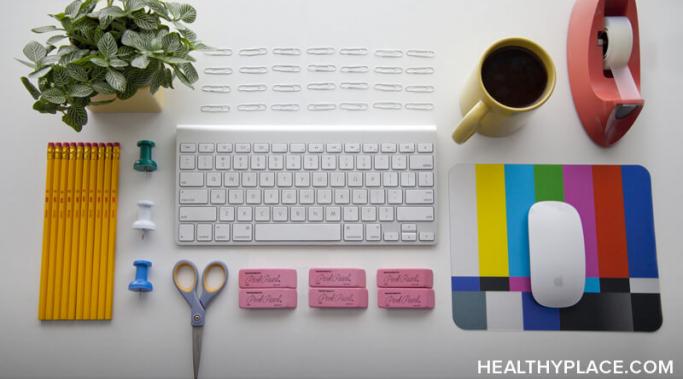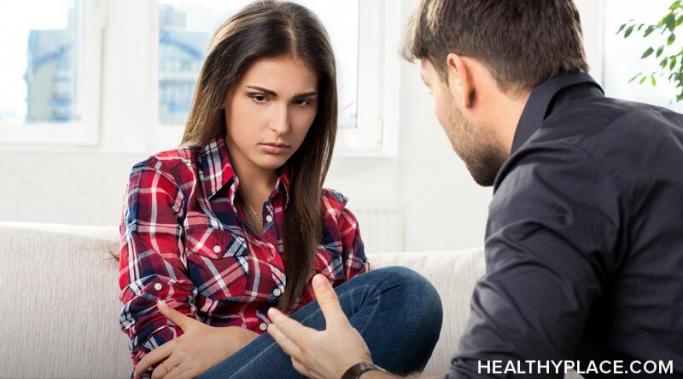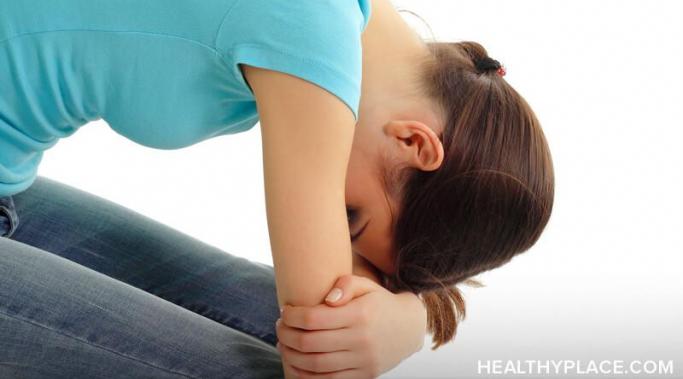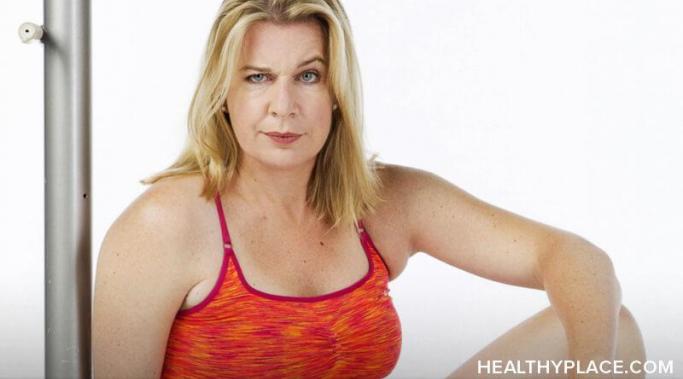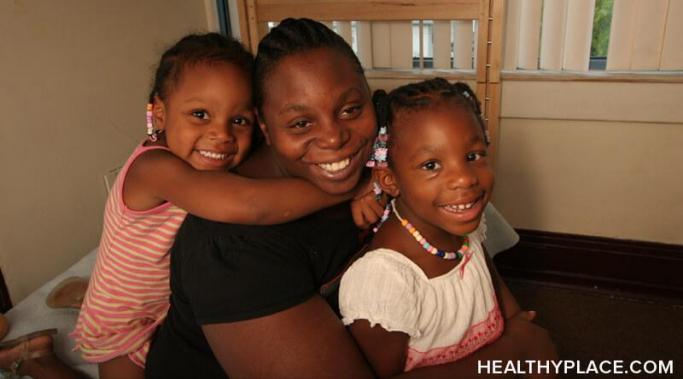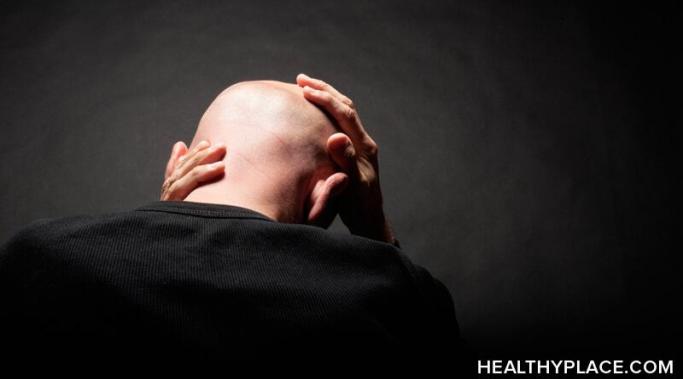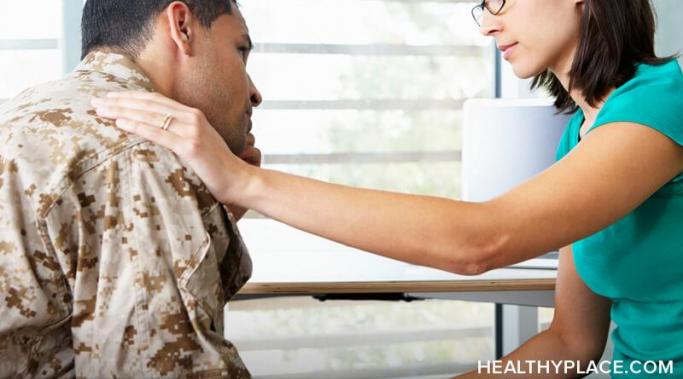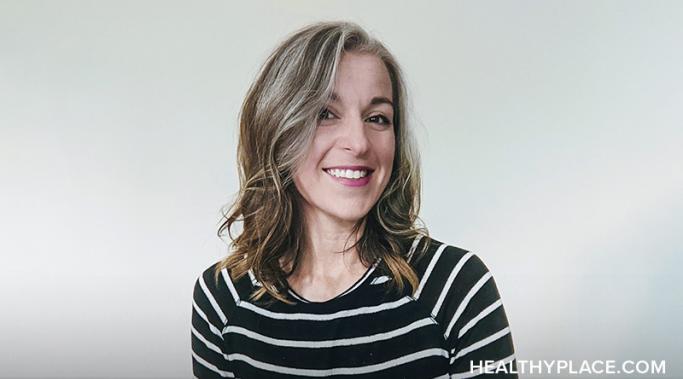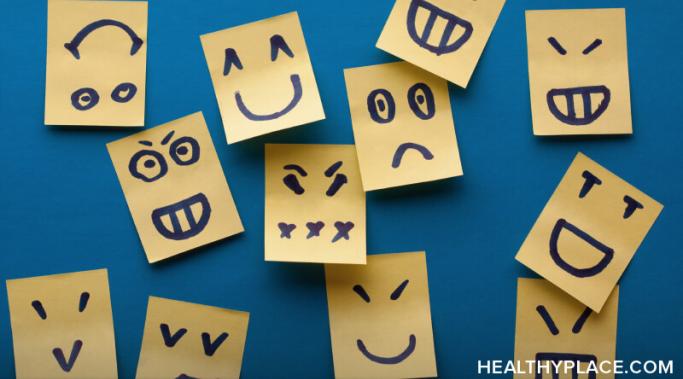Can minimalism help when you have postpartum depression? I think so, and here's my story.
Coping with Depression
"Gaslighting" is a form of emotional abuse in which the abuser makes the victim question their perception of reality in order to undermine their feelings and avoid accountability for abusive behavior. It is cruel and inexcusable to deliberately treat another person this way, but is it possible to do it unconsciously? Is it possible to gaslight someone with nothing but good intentions? I believe so. In fact, I believe unconscious gaslighting is a trap into which it is easy to fall when you are caring for a person with a mental illness.
I have been lying. I have spent the last six months writing this blog about the importance of letting go of shame and talking openly about the realities of living with depression, yet recently in my private life, I have forgotten to practice what I preach. I have become too invested in the idea of myself as someone who has "recovered" and stopped acknowledging my bad days. This is both insincere and unhealthy. Bad days will happen, and learning how to deal with them is a vital part of depression recovery.
First off, I want to clarify that I don't have the answer to the question, "Which came first: depression or weight gain?" This doesn't matter because depression and weight gain typically go hand in hand; weight gain can cause depression, and depression can cause weight gain. It is therefore important to manage one's weight in order to manage depression.
When one characteristic of postpartum depression is guilt, how do you become a better parent? When your house is messy because you just don't have the energy to clean, you feel guilty. When your first reaction to your child's cries is anger instead of loving concern, you feel guilty. When you love your child but hate being a parent because of your postpartum depression, you feel guilty. But there's good news. I found that having postpartum depression also gave me advantages as a parent.
Fact: depression is not always clinical. Sometimes, it occurs not due to changes in the brain but because of a difficult life situation. I know this because I have experienced both clinical depression and situational depression over the years. And although their causes are different, they have similar effects, effects that make life harder than usual.
Have you ever noticed that when you are feeling depressed, at least one person in your life tells you to "stop feeling sorry for yourself?" Depression and self-pity seem to go hand in hand, but they are not the same thing. Experiencing self-pity is significantly different from being blue. Here's how you can tell the difference.
Do you have existential depression? Answer these questions: Do you feel like you are living on autopilot with no higher purpose? Do you feel like a hamster on a wheel, stuck with the same dull routine day after day? Do you feel that you are not doing your part to leave the world a better place than you found it—and maybe you never can? If these kinds of existential thoughts make your depression harder to deal with, then in my experience, you might have a case of existential depression.
My name is Kelly Epperson, and I am very excited to join HealthyPlace as a contributor to the "Coping with Depression" blog. I suffered from postpartum depression after the birth of my children in 2012 and 2014. I will be sharing my experience with this illness and strategies that helped me cope.
Here's the thing: I had trauma or posttraumatic stress disorder (PTSD) long before the pandemic; it's one of the reasons my depression is chronic. In my opinion, the pandemic has led to PTSD even in people who haven't contracted COVID-19. I say this with confidence because it's the reason my PTSD has become more intense since last year, and as a member of mental health groups, I have seen people exhibiting PTSD symptoms. And yes, one of the symptoms of PTSD is depression.
